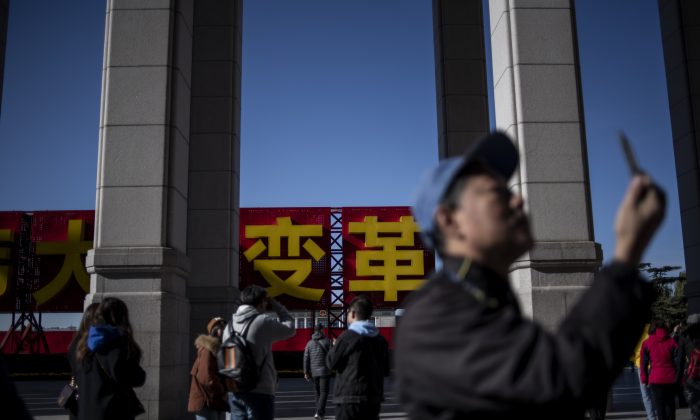Commentary
China is set to hold its third plenum in July, focusing on reforms and economic strategies, as announced by the Political Bureau of the Chinese Communist Party (CCP). The decision to prioritize reform and opening up comes amidst economic challenges and skepticism about the practical impact of political rhetoric.
The delay in last year’s third plenum under Xi Jinping’s leadership has raised questions about centralized decision-making and governance challenges within the CCP.
The upcoming third plenum is crucial for shaping China’s economic path in the coming years, with a focus on advancing economic reform and attracting foreign investment.
Despite recent policy shifts by Xi Jinping, there are concerns about a departure from the traditional path of reform and opening up, signaling a shift towards a more conservative approach.
Shen Mingshi, Acting Deputy Chief Executive Officer at the Institute for National Defense and Security Research (INDSR) in Taiwan, questions the motives behind Xi Jinping’s push for reform and opening up, raising concerns about the impact of national security measures on foreign investment.
According to Su Ziyun, Director of the Division of Defense Strategy and Resources at INDSR, the recent CCP meeting reflects a recognition of past economic mistakes and a return to the core principles of reform and opening up.
He views this as the CCP’s economic focus and draws parallels between Xi’s recent travels and Deng Xiaoping’s historic tour, underscoring the severity of China’s economic challenges.
Despite rhetoric on reform and opening up, doubts linger about its implementation, especially in light of stringent national security measures that could hinder foreign investment.
China’s reform and opening up had previously stalled after the events of the Tiananmen Square Massacre in 1989, with Deng’s southern tour reigniting the movement.
Recent statements by Chinese Minister of State Security Chen Yixin emphasize the focus on security challenges, raising questions about the feasibility of genuine economic reform.
Xi Jinping’s urgency for a potential fourth term may be driving his priorities towards stability rather than substantive economic reform, according to Shen Mingshi.
The challenges facing China’s economy are complex and may require more than just policy changes to address effectively.
Both Shen Mingshi and Su Ziyun emphasize the need for political reform to drive meaningful economic change, warning that economic strategies without political reform may fall short in attracting foreign investment.
The third plenum also highlighted the importance of the “Integration of the Yangtze River Delta” as a key economic development strategy, emphasizing its role in China’s overall modernization.
However, Su Ziyun cautions that without political reform, such economic strategies may not achieve the desired results in attracting foreign investment.
In conclusion, China’s upcoming third plenum underscores a renewed focus on reform and opening up, but challenges remain in translating rhetoric into practical action amidst national security measures and economic hurdles.
Haizhong Ning and Luo Ya contributed to this report.
Views expressed in this article are opinions of the author and do not necessarily reflect the views of The Epoch Times.
Please rewrite this sentence.
Source link






.jpg?w=150&resize=150,150&ssl=1)
